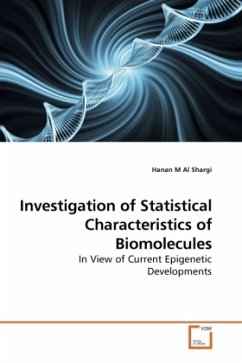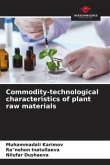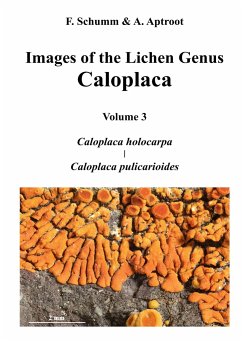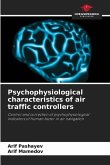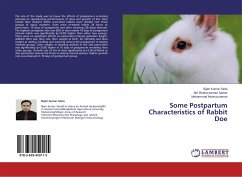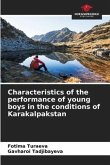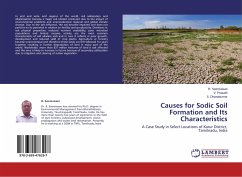Information theory tools revealed huge information deficiencies in biological sequences. Further probing of research findings emerging form Life Sciences and Epigenetics fields illuminate anomalies that deepens the enigma of how such information deficient sequences are capable of supporting the astonishingly complex biomolecules. In an unconventional approach, the author takes clues from the emerging Cloud Computing paradigm and elaborates on a constructive theory of the physical Universe which furnishes an algorithmic design for a trend in theoretical physics suggesting the involvement of information as a basic constituent of the physical Universe alongside matter and energy. This work puts forward a hypothesis that suggests the involvement of the surmised universal informational infrastructure in the functioning of complex biomolecules and discusses the effect of such an organization on biological control. Under this hypothesis the puzzling and unintelligible fact of the Universe's non-locality manifests as a sensible and essential mechanism to achieve biological complexity. Experimental testing with most practical uses of this hypothetical machinery is discussed.

